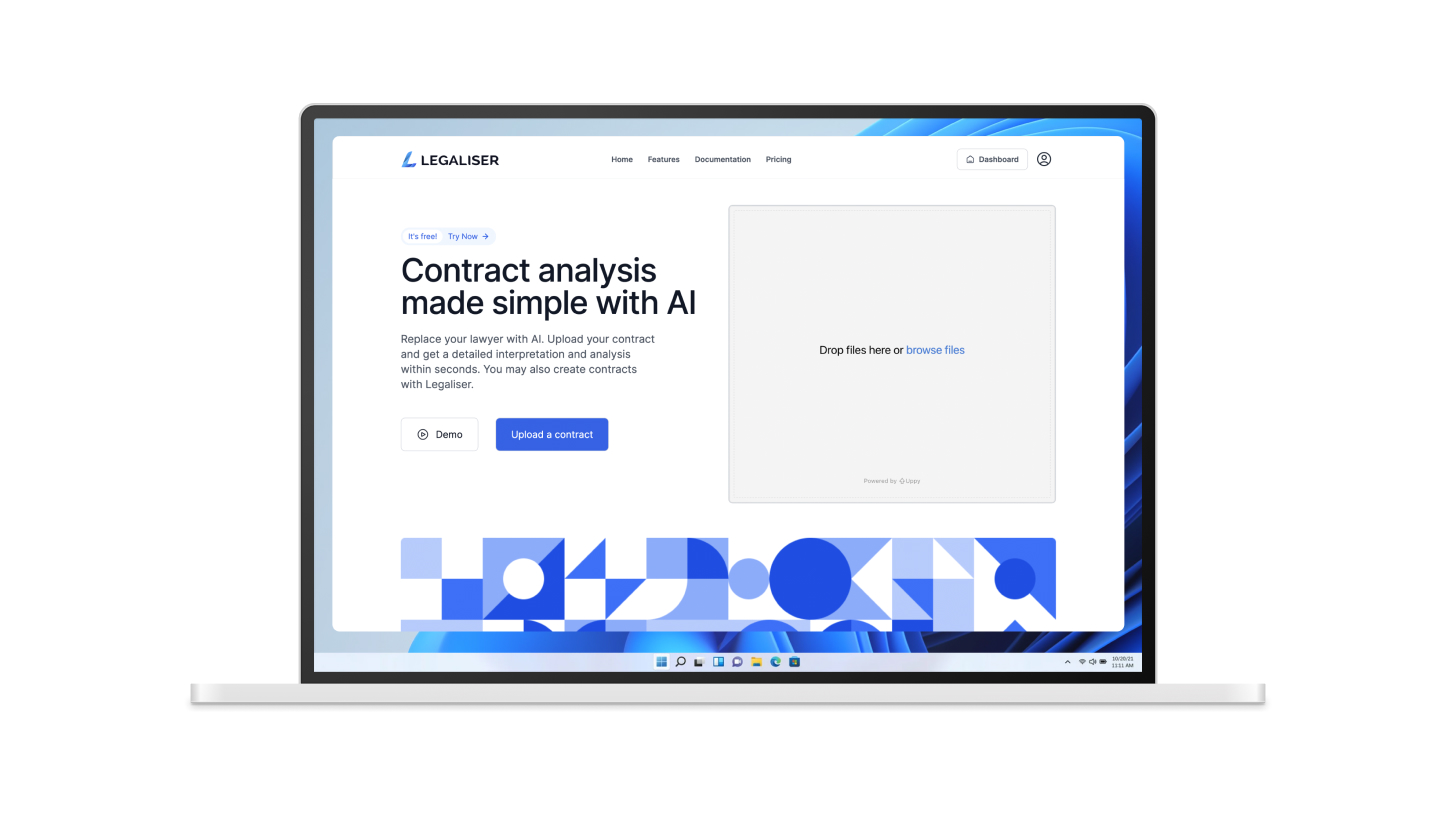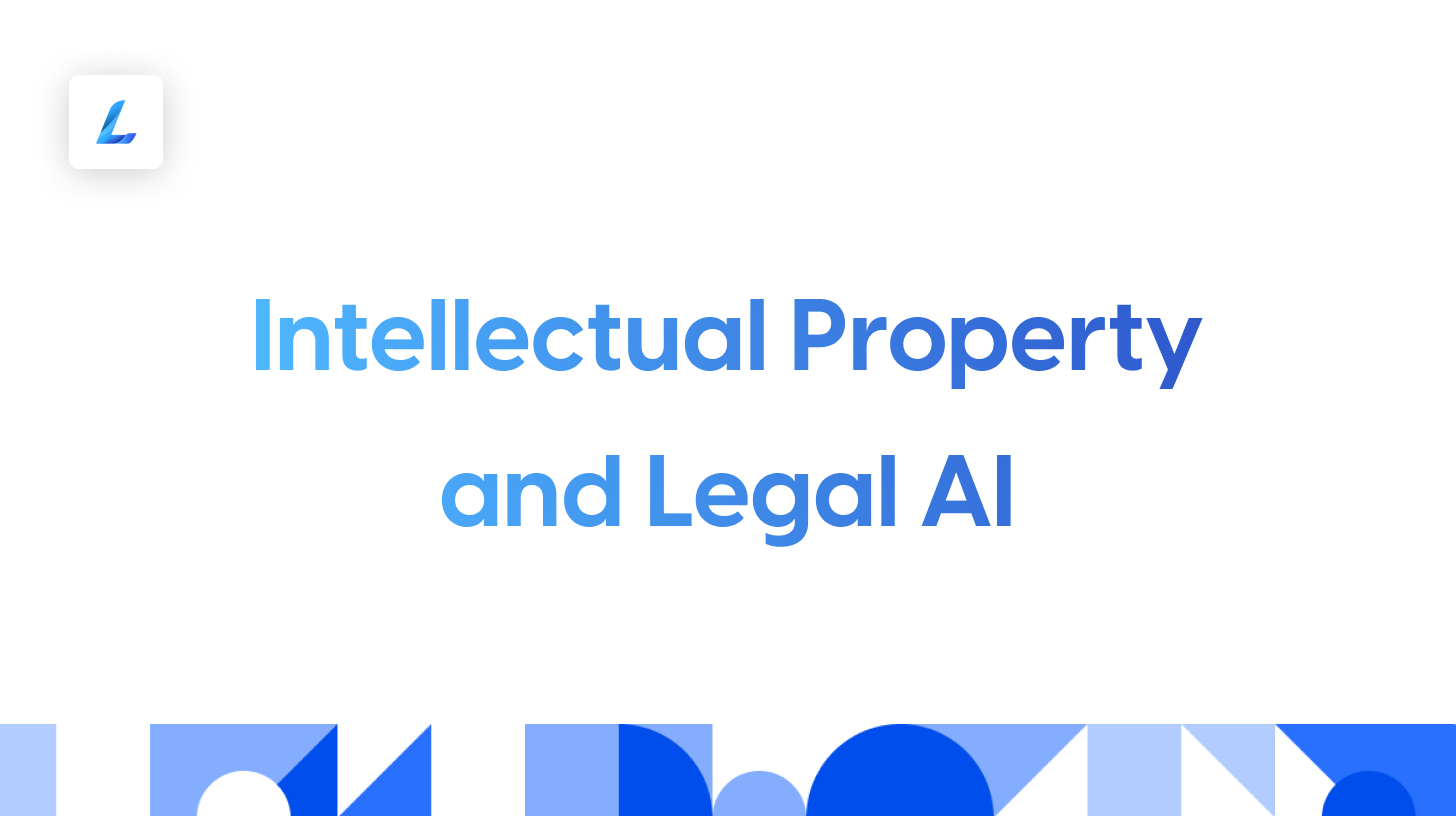Intellectual Property and Legal AI: Safeguarding Innovation and Contracts
In today’s rapidly evolving technological landscape, the protection of intellectual property (IP) has become paramount. Intellectual property encompasses creations of the mind, such as inventions, literary and artistic works, designs, symbols, names, and images used in commerce.
Ensuring the legal security of IP assets is crucial to fostering innovation and enabling businesses to thrive. However, the complexity of IP laws often poses challenges to individuals and organisations seeking to protect their innovations. This is where Legal AI technology, including innovative solutions like Legaliser, comes into play, automating the way IP contracts are managed and safeguarded.
Understanding Intellectual Property Laws
Intellectual property laws are a set of legal frameworks designed to protect the creations of individuals, businesses, and entities. These laws grant exclusive rights to creators and owners of intellectual property, enabling them to control and make money from their creations.
The four primary types of intellectual property are patents, copyrights, trademarks, and trade secrets.
- Patents protect inventions and processes.
- Copyrights safeguard artistic and literary works.
- Trademarks protect brand identifiers.
- Trade secrets preserve confidential business information.
The importance of intellectual property laws lies in their ability to incentivise innovation, promote economic growth, and provide creators with the means to reap the rewards of their efforts. These laws protect the interests of creators and also contribute to a competitive marketplace by encouraging competition through differentiation and specialisation.
The Significance of Secure IP Contracts

While intellectual property laws establish the foundation for protecting creative works and innovations, secure IP contracts play a pivotal role in translating legal protections into practical business strategies. IP contracts, such as licensing agreements, and joint venture agreements, outline the terms and conditions under which IP is used, transferred, or shared.
Secure IP contracts provide clarity to all parties involved, minimise disputes, and ensure that creators are fairly compensated. These contracts help manage risks and liabilities, outline ownership rights, and delineate the scope of use. Furthermore, robust IP contracts can prevent infringement claims, preserve the value of intellectual property, and facilitate innovation collaborations.
Challenges Faced by Clients with IP Contracts
Despite the significance of secure IP contracts, clients often encounter challenges in drafting, negotiating, and managing them. The evolving nature of intellectual property laws can overwhelm individuals and businesses. Ambiguities in contracts can lead to costly disputes and unintended breaches.
Additionally, the internationalisation of markets and digital platforms has introduced complexities related to cross-border IP agreements, making it essential to address international regulations.
Introducing Legal AI Technology
As the challenges of IP contracts persist, legal technology has emerged as a game-changer in streamlining the management of intellectual property. Legal AI leverages the power of artificial intelligence to assist legal professionals in IP laws and contracts.
Legal AI solutions can review vast amounts of legal data, extract relevant insights, and provide predictive analysis for case outcomes. They enhance the accuracy and efficiency of legal research, contract review and due diligence. By automating routine tasks, legal AI technology liberates legal professionals from time-consuming activities.
Legaliser: Transforming IP Contract Management

One notable player in the legal AI landscape is Legaliser, an AI powered legal assistant that specialises in contract management and analysis. Legaliser’s capabilities extend to various types of contracts, including intellectual property agreements. With its advanced algorithms, Legaliser can swiftly review and analyse IP contracts for inconsistencies, compliance, and risks.
Legaliser’s natural language processing technology enables it to comprehend legal text, decipher complex clauses, and provide insightful suggestions for improvements. By ensuring that contracts adhere to legal standards and best practices, Legaliser greatly reduces the potential for disputes and breaches.
Conclusion
In an era of rapid innovation and globalisation, intellectual property is the lifeblood of businesses and individuals alike. Protecting these assets requires a comprehensive understanding of intellectual property laws. However, the challenges posed by legal complexities can hinder effective contract management.
Legal AI technology, exemplified by solutions like Legaliser, is reshaping the landscape of IP contract management. Legal professionals and clients can now navigate IP laws, draft secure contracts, and optimise their intellectual property strategies. As technology continues to advance, the partnership between legal professionals and AI tools promises a more efficient approach to safeguarding intellectual property rights and assets.






